What does 2025 hold in store for democracy around the world?

The next 12 months will show how the results of the “super election year” 2024, when billions went to the polls, will affect democratic debates. Disinformation, anti-system forces, and online hate are unlikely to disappear.
One of the first things Alain Berset did after taking up the job as Secretary General of the Council of Europe in September was to propose an action plan to “re-think democracy”, the former Swiss government minister recently told the Le Matin Dimanche newspaper. Democracy is regressing in various countries, with polarisation and a hateful political climate part of the problem, Berset warned.
Berset’s comments are especially significant given that the Strasbourg organisation he leads has the explicit goal of promoting and safeguarding democracy and human rights.
But it’s not just in Europe where democracy is stumbling. Current global trends are once again showing that history does not move automatically towards more rule of law and more democratic rights. For the experts who quantify the struggle between autocracy and democracyExternal link, the trend is clear: average global democracy levels are at their lowest in decades.
What does all this mean for democracy in 2025? Our outlook summarises the global picture in six points.
1. Will we reach peak democracy rhetoric?
As democracy faces pressure, it’s natural that the term is heard a lot. In the US, Donald Trump’s opponents warned in 2024 that his re-election would hasten the end of democracy; Trump himself said he “took a bullet for democracy” after being shot while campaigning. In France, after right-wing leader Marine Le Pen was accused of embezzling European Union funds, she defended herself using almost the exact same words as her prosecutors: the charges were an “attack on democracy”, she claimedExternal link.
But when everybody tries to claim the word for their own side, it risks losing meaning, or becoming a buzzword. In 2025, will all the “democracy” rhetoric take a breather? Maybe not – but as many governments get to work around the world, it could at least become more tangible. For example: the Trump administration will be closely watched by journalists and civil society alike for any attacks on US institutions.
Meanwhile, for countries such as Syria – where the year ended with the fall of long-standing dictator Bashar al-Assad – “democracy” will be far from a rhetorical device in 2025. In a country where even the most basic tools of citizen participation are lacking, it will be a concrete objective – though it remains to be seen if it can be reached.

More
Sister republics: Switzerland and the US
2. Kosovo and Gabon – case studies for democratic progress
Two small countries are worth mentioning as beacons of democratic development in 2025. In Kosovo, elections are planned for February 9 – for once, they are to take place as part of a scheduled timeline, rather than being sparked by a vote of no confidence in government, a resignation or a dissolution of parliament.
As a result, Kosovo’s Prime Minister Albin Kurti (a regular visitor to Switzerland) and his government will have completed a full term in office – the first time in Kosovo’s history this has been achieved. And while Kurti’s record is viewed critically by someExternal link, the orderly completion of an electoral cycle can be seen as a step towards democratic stability.
Meanwhile the central African country of Gabon looks set to take an even bigger step. Throughout virtually its entire history as an independent state – since 1960 – Gabonese politics were dominated by a single family. After a military coup in 2023, the population then voted at the end of 2024 for a new democratic constitution.
The army, which currently controls things in Gabon, has promised to relinquish power after elections in August 2025External link – that is, unless a member of the military ends up winning.

More
Kosovo in Switzerland, Switzerland in Kosovo
3. A rather empty election agenda – but which may yet fill up
After 2024’s “super election year”, when billions around the world were called to vote, the 2025 agenda looks a bit emptier. However, a few dozen countries are heading to the polls: from Liechtenstein and Malawi to Germany and the Philippines. Some elections are for a new parliament, some are for a new government, some are for both – while others merely serve to confirm a strongman’s grip. For example, the year is likely to begin with the consolidation of longtime Belarusian dictator Alexander Lukashenko, who has been in power since 1994.
But election calendars are always provisional and incomplete; governments can collapse, fresh elections can be called on short notice. In democracies, expect the unexpected.
It’s likely that France – after a hastily organised election in 2024 – might be voting again in 2025. And who would have predicted that a legitimately elected president in a stable democracy would abruptly impose martial law in order to stifle the opposition? This is what happened in South Korea in December; in 2025, the country will still be coming to terms with this shock. It is also likely to have fresh elections.
Elsewhere, democratic hotspots will include Bangladesh, where interim authorities will be trying to ensure a transition after the ousting of Sheikh Hasina in August; Georgia, where protests against the pro-Russian government could have a lasting impact; and the US, where Donald Trump will start his second term amid fears of a further erosion of democratic norms.

More
Why the Georgian cultural scene is hoping for an opposition victory
4. The struggle for trust and stability in a world with Donald Trump
With Trump’s re-election and the advent of leaders such as Javier Milei in Argentina, a certain type of self-styled – and usually male – “anti-system” figure has managed to come to power in various countries.
In 2025, and up to whenever they’ll have to stand for re-election, these figures will face a reality test: how long can they remain popular among their voters, and where will these voters turn if they end up disappointed by the executive output of their leaders?
In European multiparty democracies, populist forces are above all likely to drive the ongoing fragmentation of the political spectrum. In places such as Germany (elections are scheduled for February 23), classic parties will probably still manage to come together to form coalition governments. But they will represent fewer voters than the big coalitions of the past.
The prospect of anti-system forces being drawn into positions of political responsibility – like in Switzerland since the 1990s – will probably only come about in a few cases. Among the member states of the Organisation for Economic Co-operation and Development, Swiss authorities enjoy the highest level of trustExternal link from their population.
In contrast to authoritarian states, democracies depend on trust in their system. And once trust is gone, it’s very hard to get back.
A case in point to watch next year is summed up by the Swiss-German word of the year for 2024: Unterschriften-Bschiss, literally translated as “signature scam”. The word refers to media revelations about widespread fraud in signature-collecting for people’s initiatives and referendums in Switzerland. It remains to be seen how seriously these revelations will impact the trust of Swiss citizens in their system. However, given that the scam has not affected any actual vote results, the impact on trust could be less considerable than many fear.
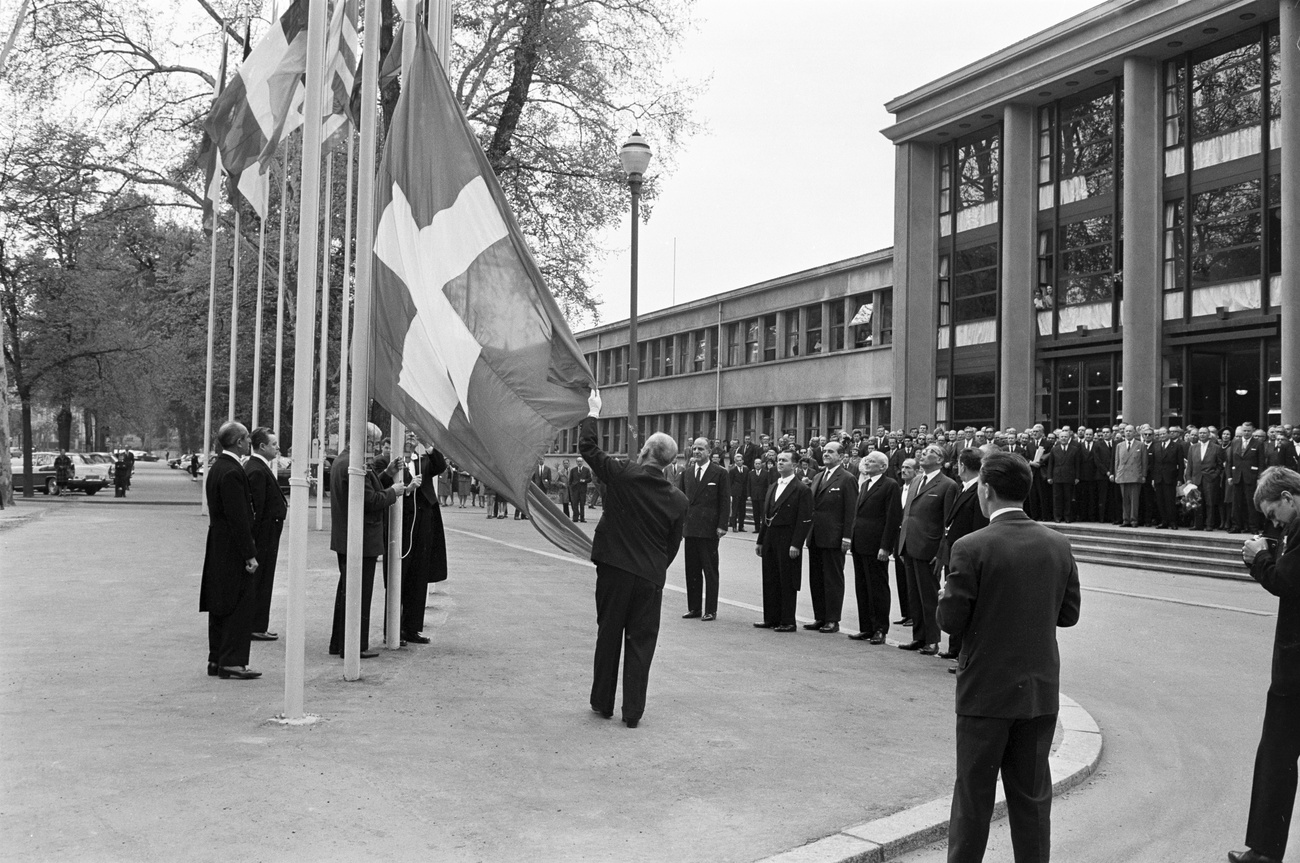
More
Seven ways the ECHR has shaped Swiss law over the years
5. Fears of disinformation and election manipulation in Europe
“Russians have really cracked the code on how to influence elections,” the EU’s top foreign policy official Kaja Kallas recently told PoliticoExternal link. Indeed, 2025 will be the first year in the EU’s history that the prospect of foreign influencing of election results will be a real cause of concern for citizens and political actors.
Elections, votes, and government formation procedures will be increasingly infused with fears about manipulation or fraud. And as such claims spread – for example in Moldova, or in Romania, where courts recently ordered the re-run of the presidential election in early 2025 – trust in the functioning of state institutions can wobble.
The threat of disinformation – fake or one-sided information with the aim of misleading – could impact political debates about democracy. Whether disinformation is still just a theoretical threat or a real danger is an open question – as is the issue of the impact of automation and artificial intelligence (AI).
And while European authorities continue to try to regulate the influence of AI and social media relatively strictly, a similar stance is not to be expected from the incoming US president. In the US, a ban on TikTok is due to enter into force on January 19. Donald Trump, who takes office a day later, already said during his election campaign that he would scrap it.
More
6. What’s the future for American, European, and Swiss democracy promotion?
Democracy promotion – or democracy “support”, as it’s often called – could see a shake-up in 2025. The world leader in the field will have a president whose agenda is unlikely to prioritise democracy and human rights. This comes after years in which the Biden administration tried to build a global community of democracies to face off against authoritarian states.
Will this leave room for the EU to take over the mantle? The new 2024-2029 European CommissionExternal link includes two (of 27) portfolios with “democracy” in their title. However, with Europe increasingly security-conscious, there has been a switch from “proactive democracy promotion toward defensive autocracy containment”, writes the Carnegie Europe think-tankExternal link. In short: the old continent could be more fixated on fending off outside meddling than on reforming their own democracies or encouraging reforms elsewhere.
This could leave Switzerland in a tricky position. Its 2024-2027 foreign policy strategy aims to boost the country’s profile when it comes to democracy promotion. Given its limited size and influence, however, this is best done in cooperation with partners – such as the US. If the latter pulls back on democracy promotion, Swiss efforts to enter the field could suffer a setback.
Edited by Mark Livingston/ts

In compliance with the JTI standards
More: SWI swissinfo.ch certified by the Journalism Trust Initiative











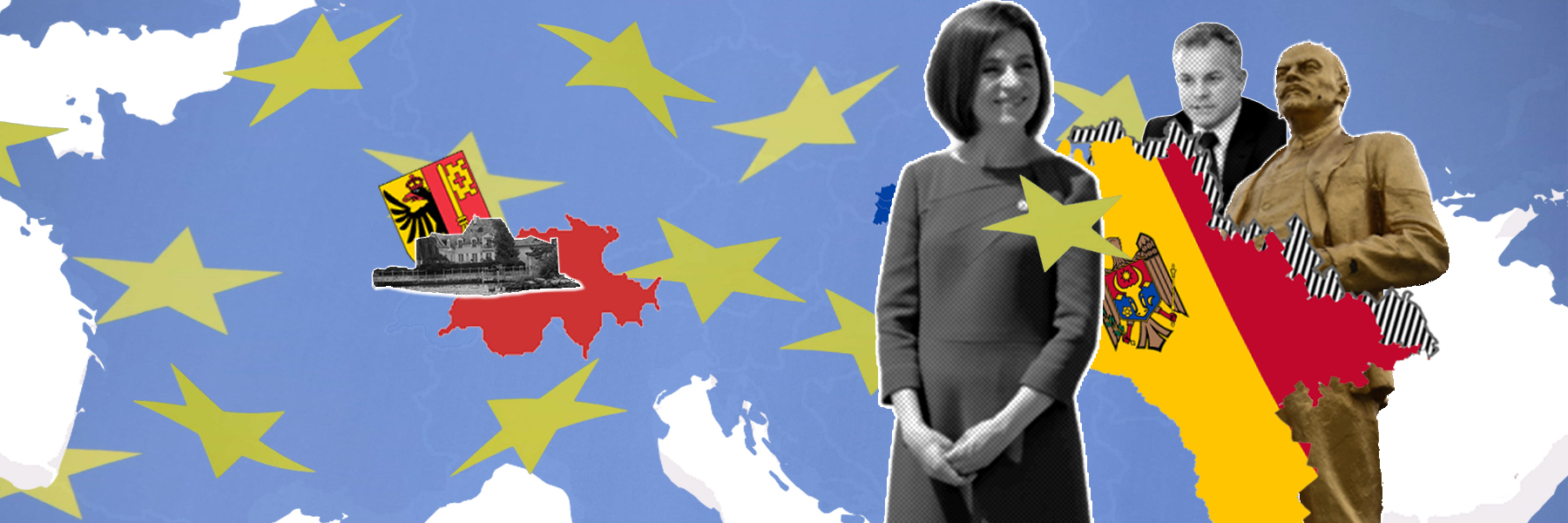

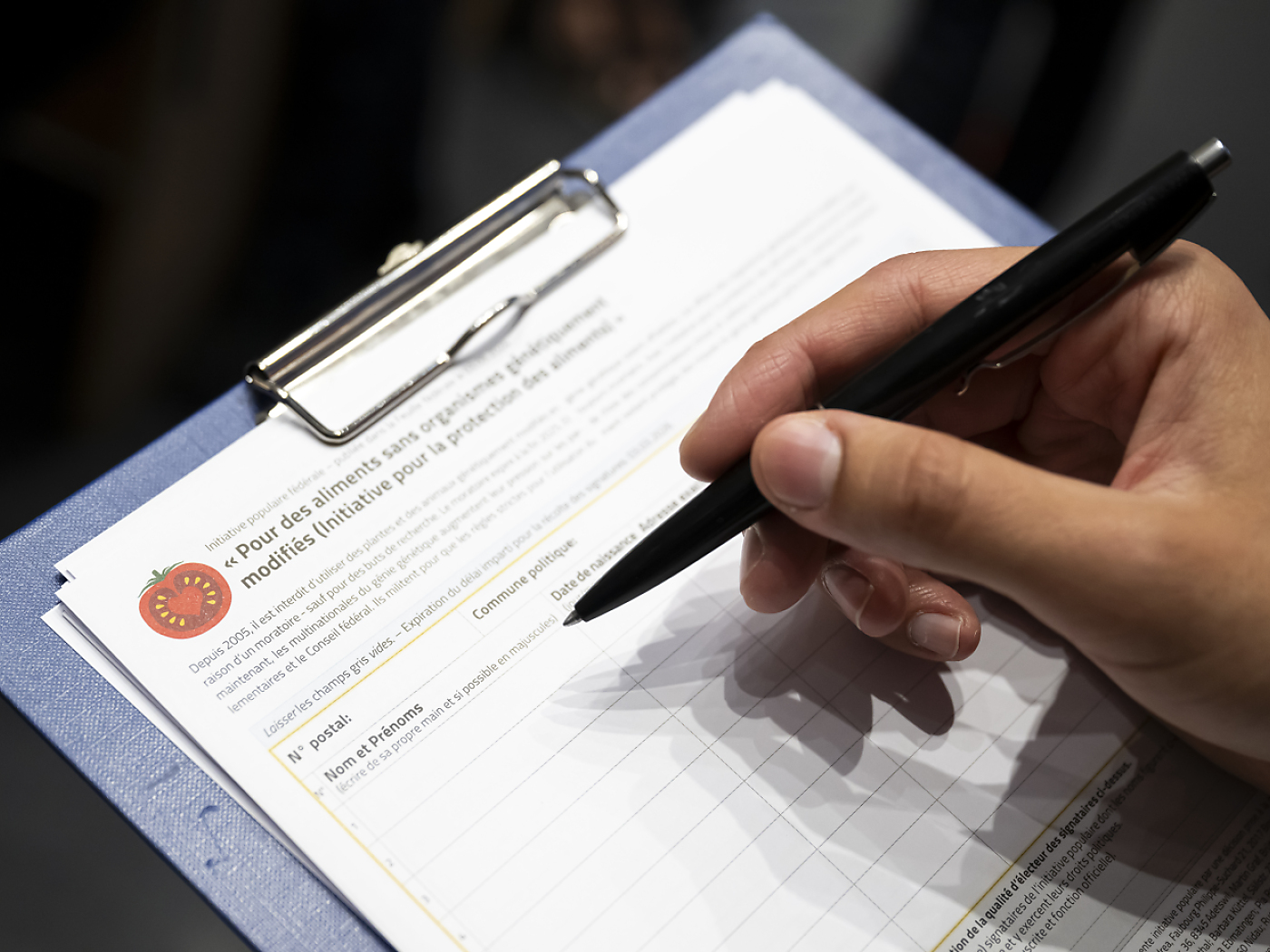

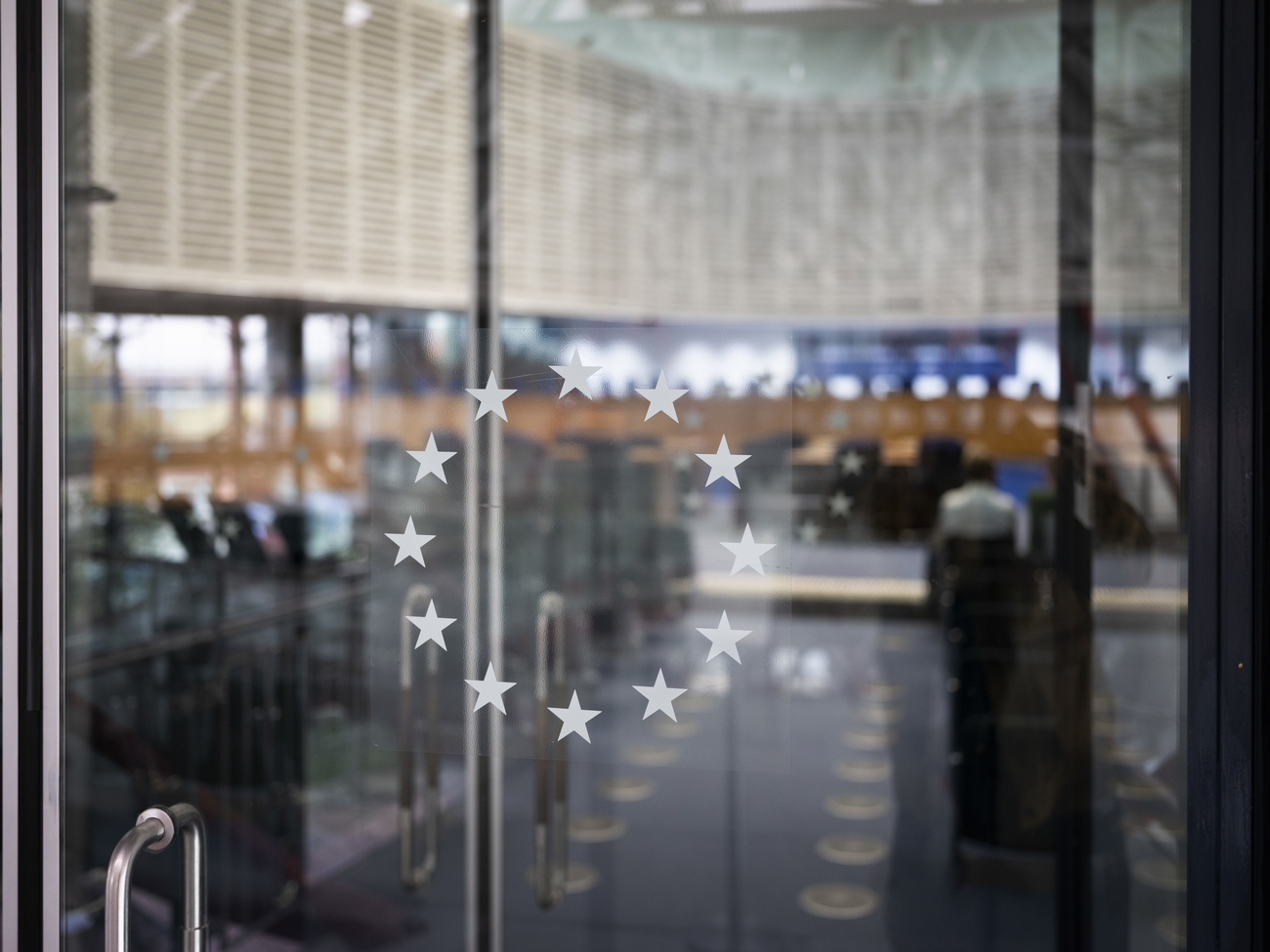


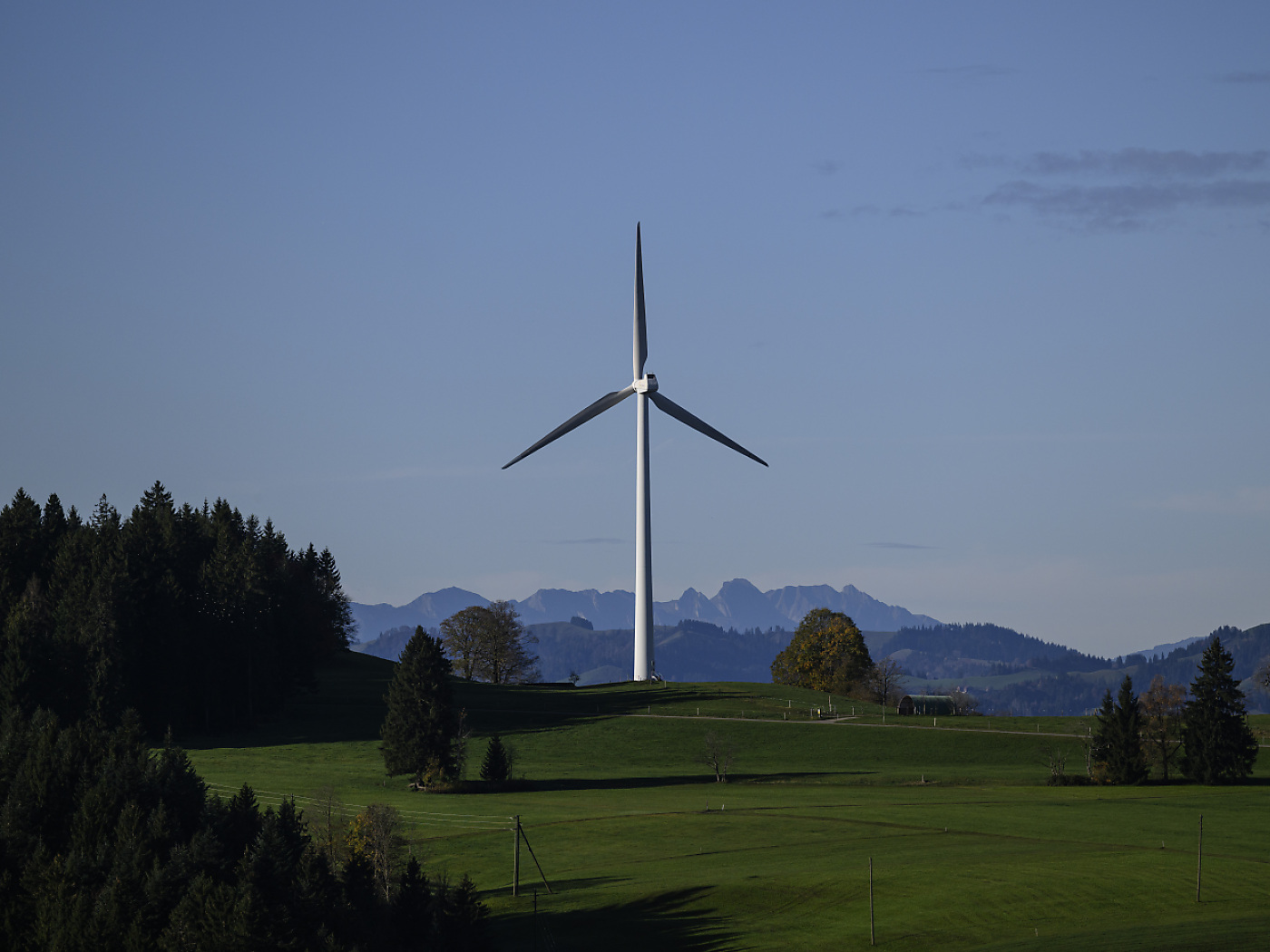







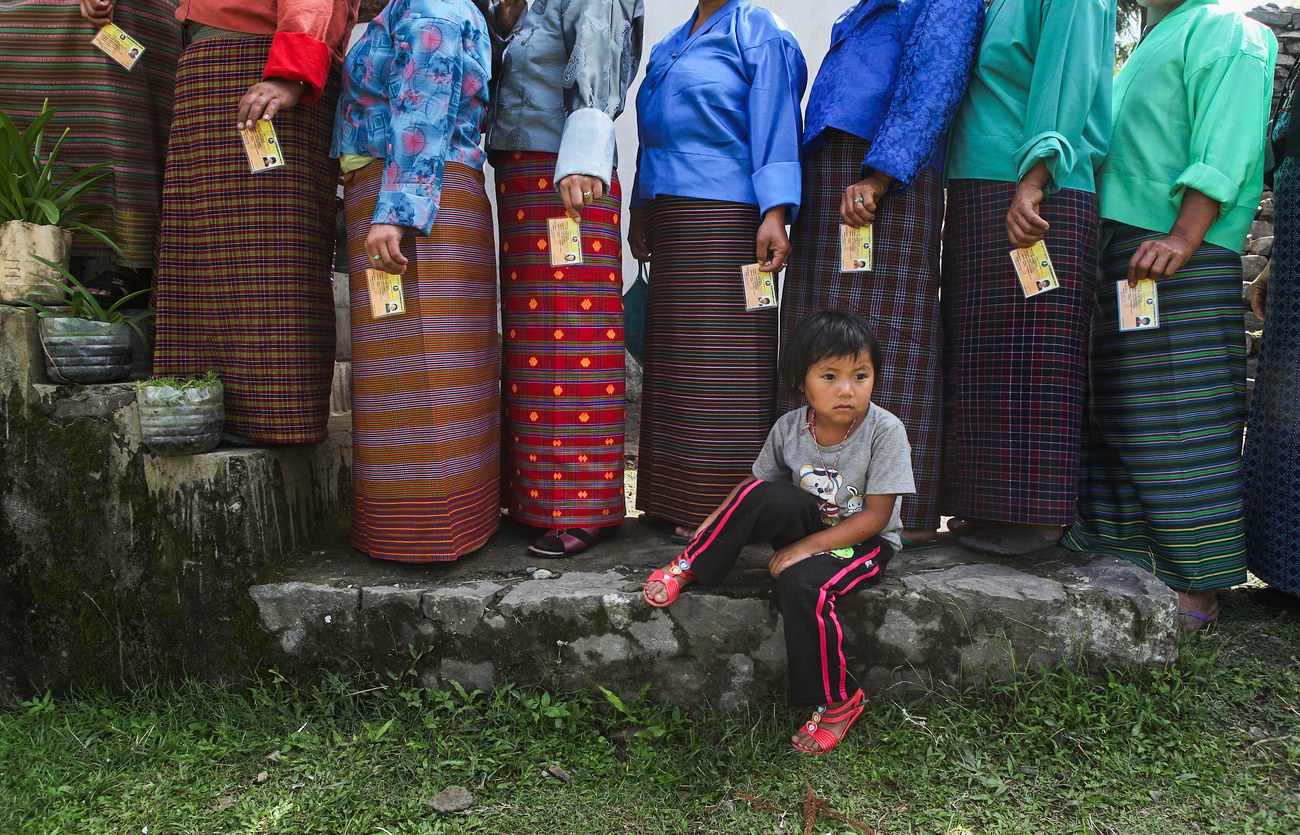
You can find an overview of ongoing debates with our journalists here . Please join us!
If you want to start a conversation about a topic raised in this article or want to report factual errors, email us at english@swissinfo.ch.